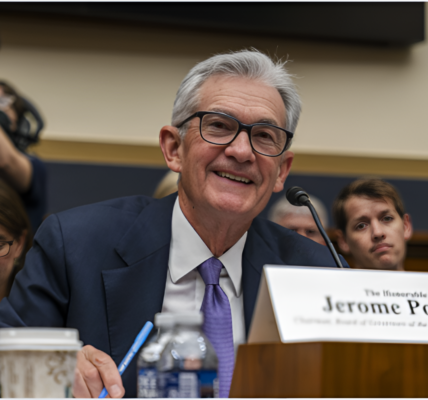
When Kamala Harris selected Minnesota Governor Tim Walz as her running mate, the decision was largely celebrated within the Democratic Party, both for his progressive credentials and his image as a safe, steady vice-presidential pick. Walz, with his balance of regional appeal and pragmatic approach, is expected to be a quiet yet effective asset on the campaign trail. While he may not have the high-profile swing state appeal of candidates like Pennsylvania Governor Josh Shapiro or Arizona Senator Mark Kelly, Walz offers a largely underappreciated strength that could prove invaluable in the 2024 election.
Walz is a product of the so-called “Pivot Counties,” regions that shifted from voting for Barack Obama in 2008 and 2012 to supporting Donald Trump in 2016. These counties, found in states like Illinois, Iowa, Minnesota, and Wisconsin, are predominantly rural, less affluent, and tend to vote Republican more often than not. Walz’s experience in these areas is particularly relevant, as they are the very regions where Democrats have struggled in recent elections.
Representing a southern Minnesota district for six terms in Congress, Walz learned the art of appealing to skeptical white working-class voters—a demographic that has become increasingly difficult for Democrats to reach. His 2006 congressional win was a major upset, and he managed to survive even the 2010 Republican wave, along with the Trump-era shift in southern Minnesota. By 2018, when Walz ran for governor, his district flipped to the Republican Party.
However, Walz’s political success wasn’t just about winning in conservative-leaning areas. It was about successfully defending and promoting progressive policies to a constituency that might have been wary of such ideas. This experience is crucial for a Democratic Party seeking to regain ground among rural and small-town voters in key battleground states like Michigan, Pennsylvania, and Wisconsin. While Walz won’t have the same electrifying appeal that Kamala Harris brings to urban voters or suburban women, his value lies in his ability to curb Republican margins in rural areas and provide a more relatable image of the party.
In states like Wisconsin, Michigan, and Pennsylvania, where rural voters—especially those in pivot counties—are critical to a victory, Walz can play a key role in minimizing Republican support and making inroads with skeptical voters. His ability to speak to these voters with a message that resonates on both a personal and policy level could be especially beneficial in states like Wisconsin, which boasts 23 pivot counties, and Michigan, with 12. Although Harris may struggle with rural outreach—given her home base in California and her focus on feeding the Democratic base—Walz’s experience could help bridge that gap.
In the 2020 election, Joe Biden made significant strides with these voters, winning back 25 of the 206 pivot counties, proving that these voters are not completely out of reach. Walz’s ability to connect with this demographic could prove vital to Harris as she seeks to expand the Democratic coalition and secure critical swing states in November.
Ultimately, while Walz may not dominate the headlines, his quiet influence in shoring up rural support and tackling the concerns of swing voters will be a crucial asset in a tight race. He embodies the kind of pragmatic, regionally-focused politician who could make the difference in securing a victory for the Democratic ticket.





